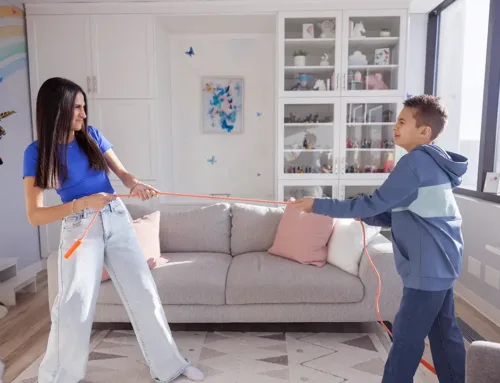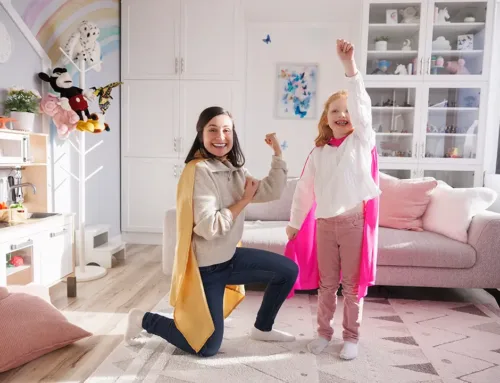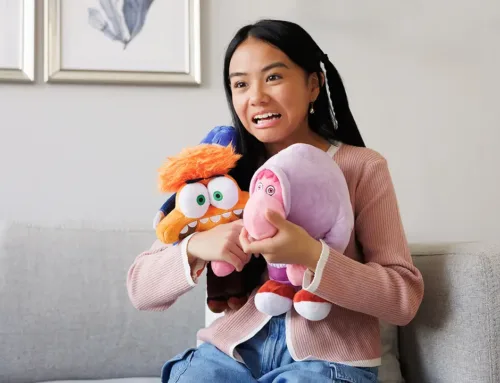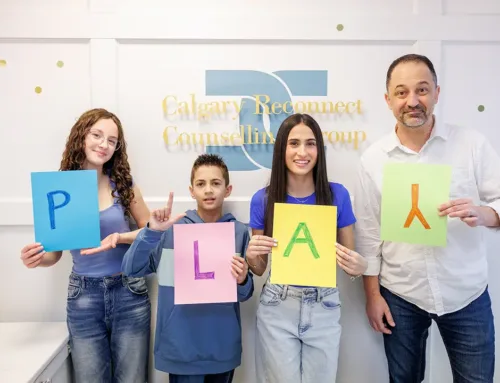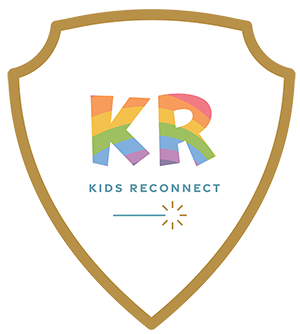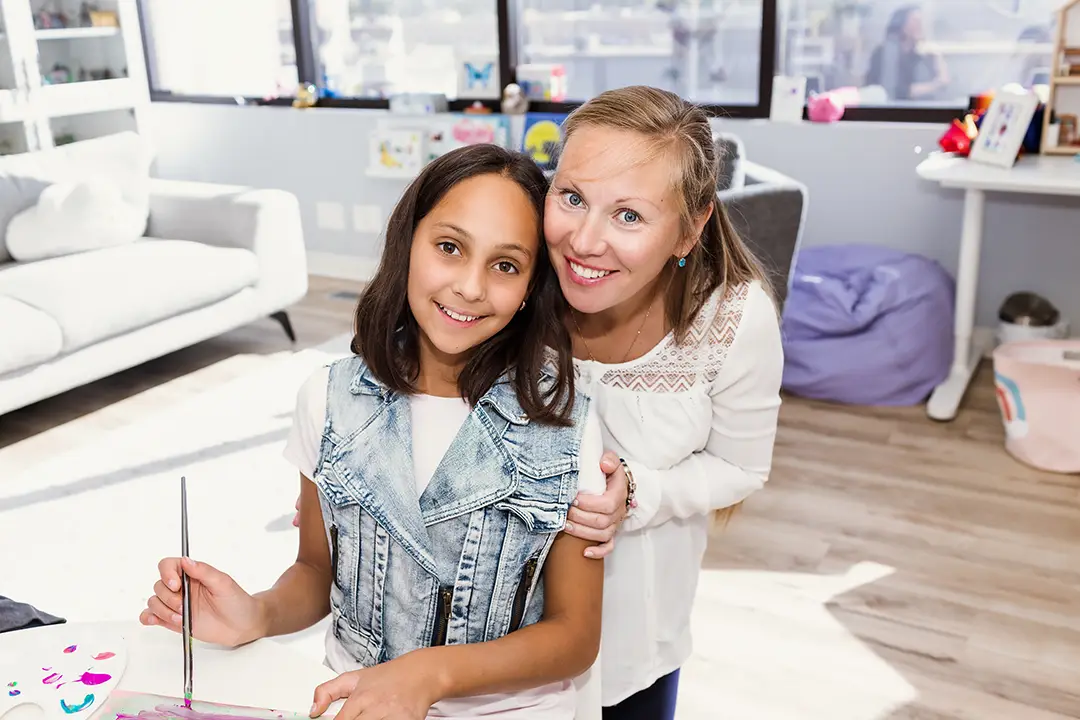
Does playing with your kiddo feel challenging?
We’re here to help!
In this blog post, child psychologist Marcella Galizia
shares some fun ideas to help parents
build their playful parenting Superpower skills.
Playing is a skill
As we grow, not all of us retain the play skills we had as kids. For many adults, playing with their child can feel awkward or simply unfamiliar. There could be different reasons for that — some simple, some more profound. For one thing, a lot of adults are out of practice. Life gets busy for adults, and we often forget to play and have fun.
As a busy parent, the last thing you need is one more thing to add to your to-do list. We get it.
Your playing with your kiddo mission is important —play is a protective factor that guards against even the most difficult life experiences and adversities— but don’t worry about it feeling like a task. It will be easy and fun.
Here are some tips to polish your play skills
Bring out the duster and shake up those gnarly cobwebs. These fun ideas will help get your playfulness Superpower skills into gear. You might find them handy if your child doesn’t know how to lead or if you don’t exactly know what to do in play quite yet.
- Take some time helping your child pick out toys that would interest them. Encourage their curiosity to touch the toy. What does it smell like? Use your different senses to approach the toy in various ways, not just the most obvious ones. Figure something out about the toy together to get your curiosity and creativity to sparkle. Can this boat fly? Maybe it’s a spaceship! What does the puppet sound like if you shake it? Is it a soft and squishy toy? What does the truck look like from underneath? Move the toy around and notice what it does.
- Then, explore how the child may be able to “play” with the toy. You can even give them examples. For instance, a doll can comb its hair! Or look around the room – what can your character see? A school for dinosaurs? A fairy garden? An ocean in outer space? It can all be part of a story on which to draw upon. Kids love imaginative play, and imaginative play is important for their development.
- Think about your toy’s character and how they could act or what their voice could sound like. Are they grumpy? Funny? Loud? Friendly? This way you will make your character come to life.
- Consider your character’s backstory. Where do they live? Travel? What do they like to eat? Are they a dancer? A pilot? An artist who loves to draw? How old are they?
- Then you can explore how your character relates to your child’s character. Do they know each other? How do they feel toward one another? What types of things do they do in relation to each other (for instance, customer vs shop owner? Are they two kids playing? Kid and teacher? Child and puppy?
The most important part of playing with your child
Most importantly, please remember to have FUN when you play. Too often, parents try to use play to “teach” children different things (i.e., social skills, pointing out “the moral of the story” or explaining feelings). There is already spontaneous learning in play, so you don’t need to push your topics, just focus on the shared joy of playing together.
That, in itself, is a beautiful, bonding, brain-building experience — both for you and for your child.
Curious to learn more about play therapy?
Terrific! We love the curiosity Superpower. Please follow along as we expand this blog series, designed to help build parents’ Superpower parenting skills. For example, do you know what your PLAY style is?
And speaking of play and play therapy, you might be wondering…
What is play therapy? Is it effective?
The Association for Play Therapy (APT) defines play therapy as “the systematic use of a theoretical model to establish an interpersonal process wherein trained play therapists use the therapeutic powers of play to help clients prevent or resolve psychosocial difficulties and achieve optimal growth and development.”
Play therapy is way more than just play — and just as fun for kids. It requires specialized education, training, and experience, and it works. Extensive clinical research has proven that play therapy is an effective intervention in major child-related challenges (Bratton et al, 2005).
Reference
Bratton, S. C., Ray, D., Rhine, T., & Jones, L. (2005). The efficacy of play therapy with children: A meta-analytic review of treatment outcomes. Professional psychology: research and practice, 36(4), 376.
Meet the author
Meet the editor
Ready to have way more fun parenting?
Parenting is no easy task.
At Kids Reconnect, we understand how tough it can be to be a Superhero parent of a Superhero kid.
(Check out our team‘s director Natalie Bergman’s blog post on the dark side of parenting!)
Playfulness is a Superpower that makes everything you do, including parenting, way easier — and so much fun!


